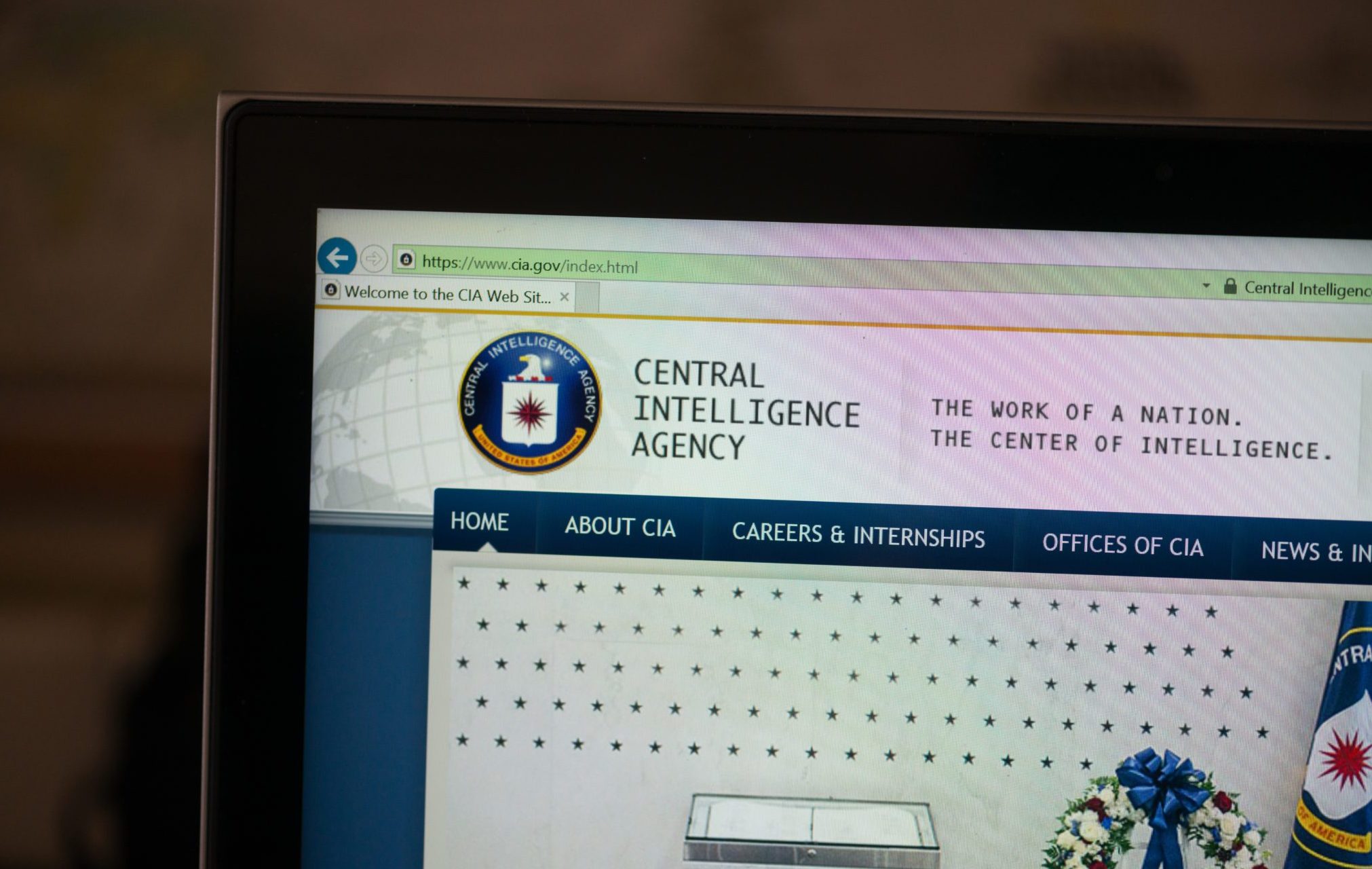Enact Civil Liberties Protections in Surveillance Laws

One of the more haunting political ads in my lifetime came during the 2004 Presidential campaign. It depicted menacing wolves symbolizing the terrorists that would strike if Congress failed to provide robust funding for intelligence operations. Set to dramatic music, the wolf pack descends from the hills as the narrator states that “weakness attracts those who are waiting to do America harm.”
In the years since that ad, repeated reporting indicates that the intelligence community has unconstitutionally snooped through Americans’ sensitive communications. Yet defenders of the intelligence community still try to scare people into accepting the status quo. As a former congressional staffer for a representative who pursued revisions to the Foreign Intelligence Surveillance Act (FISA), I recall the images of terrorists circulated on staff listservs, suggesting that a vote in favor of reform today was effectively a vote for another 9/11-style attack tomorrow.
This scare tactic may be recycled soon to dismiss concerns about another startling revelation made last month. Senators Ron Wyden and Martin Heinrich, members of the Senate Intelligence Committee, recently released partially declassified documents, which show the CIA has long operated bulk data-surveillance programs outside of congressional approval and without judicial oversight.
The released documents say little about the programs, but do suggest that they are similar to the NSA program prohibited by Congress in 2015 due to privacy concerns. Apparently, the programs operate under Executive Order 12333, a Reagan-era E.O. that then-Senate Intelligence Chairman Richard Burr described in a 2020 debate as allowing the intelligence agencies to “do all of this without Congress’s permission.” Even more shocking, Senators Wyden and Heinrich claim that the Intelligence Committee had not even been briefed on the extent of the CIA’s programs.
Despite these and other troubling revelations, surveillance-state maximalists repeatedly use fear-mongering imagery like the wolves to successfully stifle debate and votes on reasonable proposals. For example, during the 2018 debate on reauthorization of FISA’s Section 702 program, which enables the collection and search of email and other sensitive communications content, House leadership only allowed votes on intelligence community-preferred legislation and a doomed-to-fail comprehensive replacement bill. They blocked consideration of meritorious amendments that would have stood a chance of passing.
And during 2020’s stymied debate on another FISA law, Section 215 of the Patriot Act, it became apparent that the House had the votes to adopt a bipartisan, common-sense amendment to prohibit the warrantless collection of internet browsing history, a provision many Americans would have been surprised to learn was not on the books already. However, this created a problem for Senate surveillance hawks, who had just defeated that same amendment by just one vote, with at least one absent senator indicating that he would have voted yes.
In the same debate, Senator Burr said he would allow Section 215 to “go dark,” meaning, become inoperable. But revelations of the CIA’s secret program have brought new meaning to the phrase “going dark”—these operations haven’t ended, but simply migrated to the shadows, enabled by highly permissive executive orders and novel interpretations of federal law in ways unbeknownst even to most members of Congress.
Both debates were particularly contentious because then-President Trump expressed his displeasure with other FISA laws used to surveil his campaign official, Carter Page—complaints that were later substantiated by the DOJ’s Inspector General findings of numerous inaccuracies in the FISA applications on Page.
I don’t mean to downplay the importance of Congress debating FISA reauthorizations. Next year, Section 702 will expire, and Congress absolutely should scrutinize how the NSA searches its massive database of Americans’ personal communications. However, Congress should also hold hearings on the CIA’s programs and consider legislative proposals like the Fourth Amendment Is Not For Sale Act, which would ensure the existence of meaningful privacy guardrails. Otherwise, Congress will continue to attempt to strengthen Fourth Amendment protections through a game of whack-a-mole, with intelligence agencies dodging out of Congress’s way. If left unchecked, the intelligence community will continue to obtain more of Americans’ data and claim authority never intended by either Congress or the secret FISA Court that oversees it. Congress must resist the expansion of a surveillance state that increasingly resembles China’s.
Congress’s failure to provide proper oversight has recently ensnared the political class, with the surveillance of Trump campaign officials in 2016 and last year’s realization by Democratic House Intelligence Committee Chairman Adam Schiff that he is not immune from spying. The surveillance-industrial complex will continue to amplify every unpleasant yip into a frightening howl, but there has never been a better time for Congress to consider what it really means to keep America safe from harm.
Matthew Silver is senior federal legislative liaison at Americans for Prosperity.